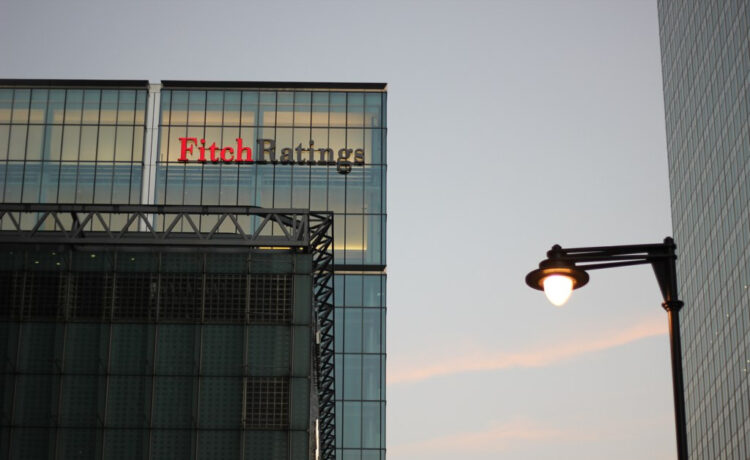Despite the likely delay in Bulgaria’s target date for joining the euro area beyond January 1 2025, Fitch Ratings continues to maintain the country’s long-term foreign and local currency ratings at ‘BBB’, with a positive rating outlook, the global ratings agency said late on April 26.
Fitch has rated Bulgaria at BBB since December 2017 and raised the outlook to positive in March 2019, maintaining both unchanged through the coronavirus pandemic, three years of political instability and the spike in inflation in 2022, caused by high energy prices as a result of Russia’s invasion of Ukraine.
In its latest ratings decision, the agency re-iterated that the positive outlook reflected the “broad political commitment locally and at the EU level to euro adoption,” and noted that Bulgaria has already passed the required legislative changes for joining the common currency area.
However, high inflation remains the sticking point and is still above that of the three best performing EU member states and Fitch said that it projected that Bulgaria would not comply with the price stability criterion in mid-2024.
Noting that Bulgaria intends to request a reassessment of its progress on convergence criteria in the second half of this year, the agency said that it saw possible compliance no earlier than the last quarter of 2024, conditional on inflation developments across the EU.
Fitch also cautioned that “a lack of stable government and potentially lengthy coalition negotiations could delay the euro zone entry beyond 2025.”
But on the topic of political instability, the agency said that despite another fragmented legislature likely emerging from the June parliamentary elections, it expected pro-European parties to have a majority in the next parliament.
Due to weak external demand, renewed political uncertainty and slow absorption of EU funds, Fitch lowered its economic growth forecast for Bulgaria from 2.8 per cent to 2.4 per cent this year, but raised its 2025 growth projection to 3.1 per cent from three per cent.
Fitch said that progress towards joining the euro area, such as confirmation that Bulgaria has met convergence criteria and greater certainty regarding the likely timing of euro, as well as an “improvement in growth potential” adoption either through structural reforms to improve the business environment or effective use of EU funds, could lead to upgrading Bulgaria’s credit rating.
On the downside, negative action could be prompted by “lack of progress in euro zone accession due to persistent political instability or a failure in meeting convergence criteria” or weaker economic growth prospects as a result of those adverse political developments.
(Photo: kavitakapoor/flickr.com)
Please support independent journalism by clicking on the button below. For as little as three euro a month or the equivalent in other currencies, you can support The Sofia Globe via patreon.com and get access to exclusive subscriber-only content:

















